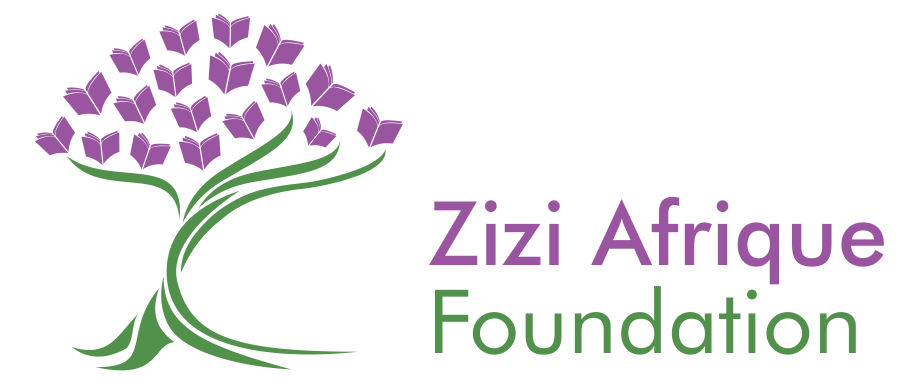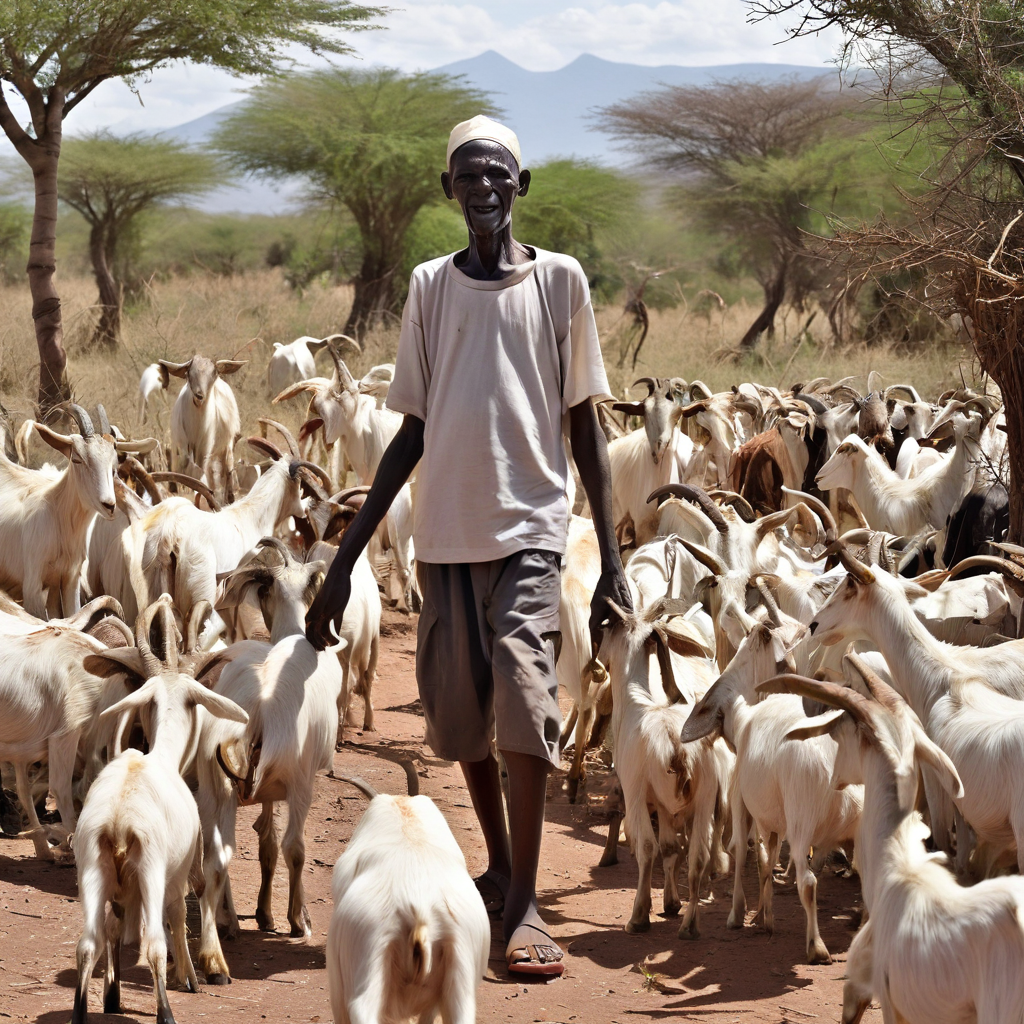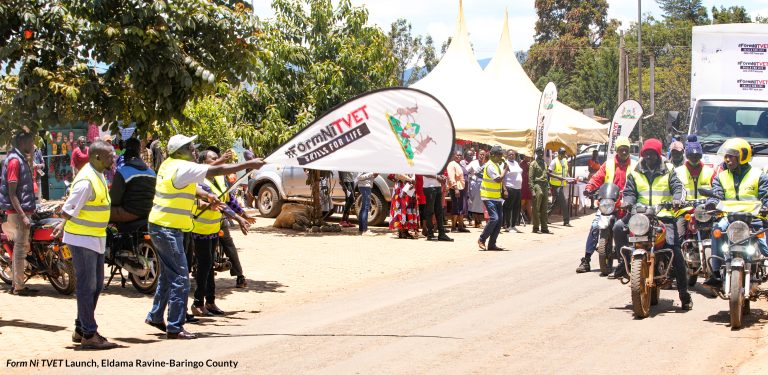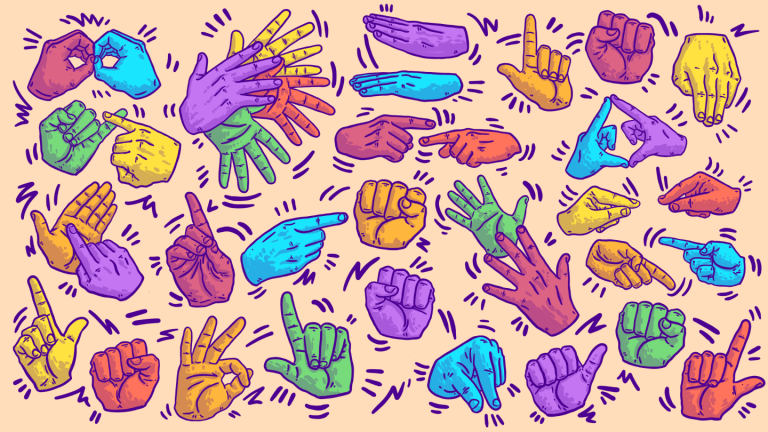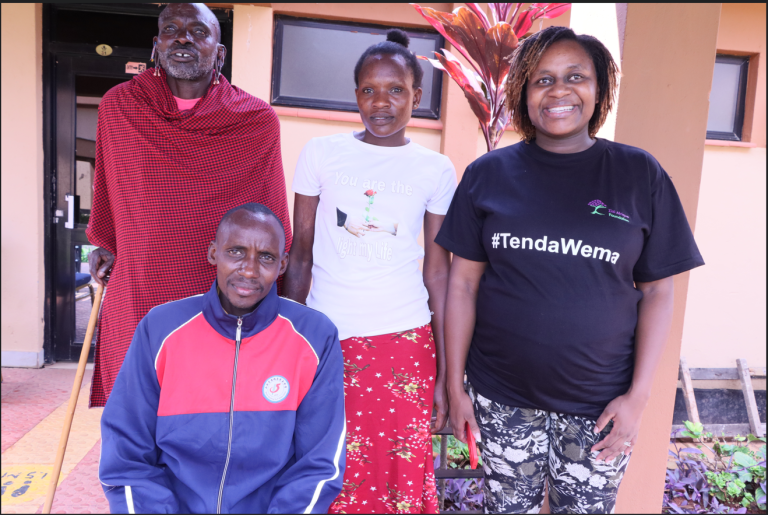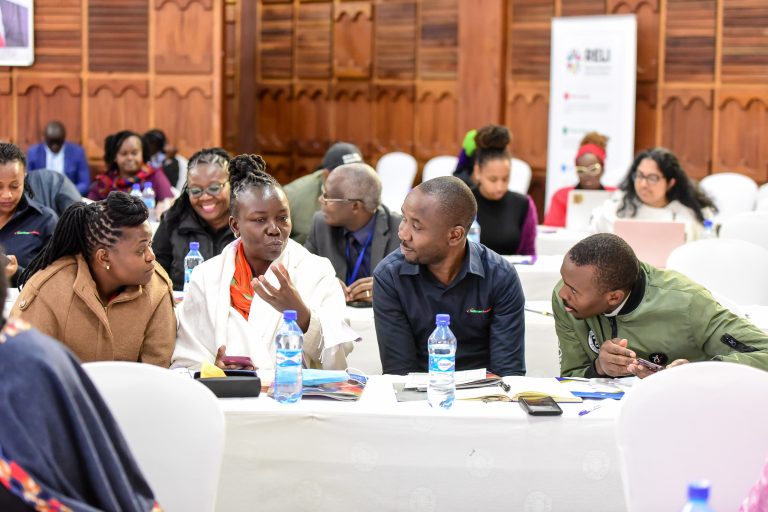It’s a scorching afternoon in the Nasuroi desert in Isiolo County. The sun blazes down, punishing the land for the world’s bad choices that have caused environmental degradation. Mr. Engor, an elder in the area, signals me to follow him, and I do, like it’s a sacred mission. He leads me quietly down a narrow path that heads to where the animals graze.
Not far off, there’s a young lady struggling to pull branches to feed some bony goats. Further along, there are children playing, their legs all dusty because they don’t have any shoes, and if they do, they’re totally worn out. Up ahead, there’s a flock of goats. Mr. Engor stops just as we reach the young herders. He turns to me and shouts, “Ngimaru ngadei!”
I’m confused and turn to my guide. He explains that Mr. Engor wants me to count the goats. So, I start counting them in my head while he waits patiently. It’s amazing because I counted to a thousand goats! I’m surprised that the old man knows Swahili but decided to make me work through a translator.
He says, “A single goat goes for at least 3,000 Kenya shillings, so in this small group, we’re talking about 3 million Kenya shillings, and that’s not even counting my herd of cattle. You talk about education as a way to make money, but with all these ‘mali’ (which means wealth in Swahili, but in Nasuroi the word is used to refer to livestock one owns), why should someone bother going to school?”
I left the city with my Zizi Afrique Foundation colleagues for an immersive study in Isiolo County. Our mission was to become a part of this community, to see things differently, challenge our beliefs and hold our questions close. We’d recently launched our strategy, focusing on rural young women without strong social connections and children struggling to read and do basic math.
Under the hot Isiolo sun, Mr. Engor asked a question that hung in the air, making us all pause. His question highlighted a big difference on how we see things– a kind of gap in understanding that we come from different cultures.
You see, Mr. Engor and his people, who are pastoralists, think that young men without many goats or cattle are the ones who have the hardest time in this tough place. In their world, the more cattle you have, the richer you are, and it’s a tradition that’s been around for a long, long time.
But our team from the Zizi Afrique Foundation has a different view. We believe that the ones who are left behind the most in today’s world are those who don’t get a chance at education. Our mission is to use education to help young people, especially girls and those who struggle with reading and math.
Here in Isiolo, we face a big challenge: how can we bring these two different viewpoints together and make sure that the young people here get a good education while still holding on to their culture?
The first step is to recognize how important cattle are to these communities. Cattle is not just money; they’re a symbol of identity and status. Instead of trying to replace this cultural wealth, we should find ways to make education complement it.
One way is to include lessons about cattle in the school curriculum. This means that children can learn about cattle while still getting a formal education. They can then use these skills to take part in both traditional and modern jobs.
Getting the community involved and informed is also important. We need to help leaders like Mr. Engor understand how education can improve health, support their pastoral way of life, and open new opportunities like starting businesses or farming.
Empowering women and girls is a crucial aspect of this endeavor. When girls get an education, they can contribute to their families and communities in meaningful ways, and it helps create a more equal society.
We’re also using technology, like digital resources and mobile learning, to make education more accessible, especially in rural areas. And we’re making sure that what children learn is interesting and relevant to their way of life.
But it’s not just about herding cattle. We want to give young people skills that can help them in today’s job market and still fit with their traditional lifestyle. Things like learning how to develop their communities, process meat, or take care of animals can open new paths to success.
We’re working with local groups, governments, and others to create programs that combine pastoralist traditions with education. When everyone works together, we can find solutions that respect the community’s values.
Balancing education and culture is not easy, but it’s vital for the young people in Isiolo and context like that. We want to give them the tools to thrive in a changing world without losing their rich traditions. Zizi Afrique Foundation is dedicated to finding creative ways to empower the children of Isiolo and help them have the best of both worlds: a strong connection to their culture and the means to build a better future through education.
